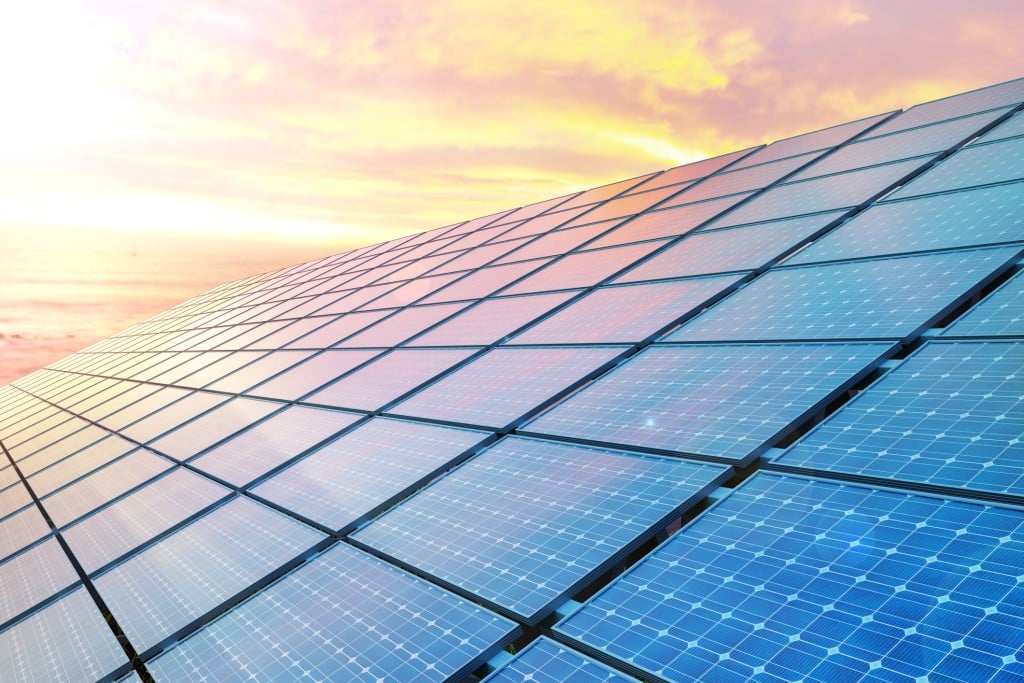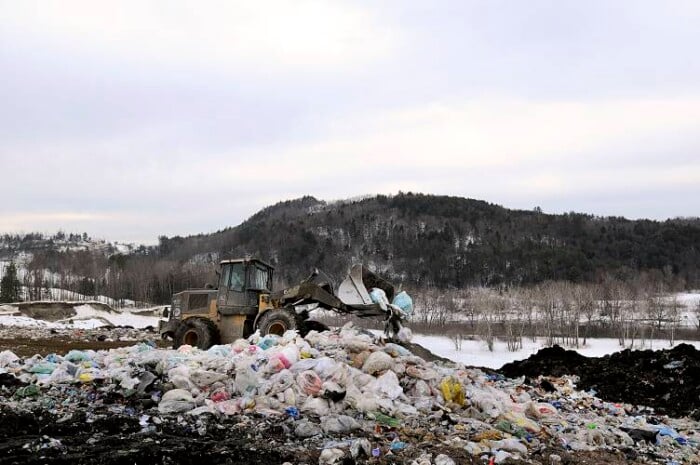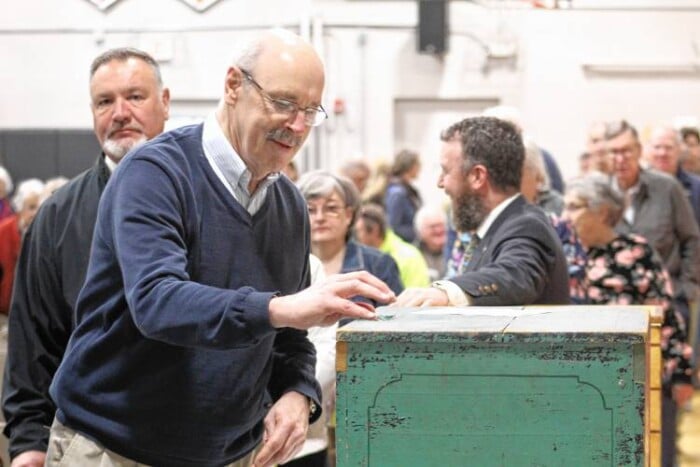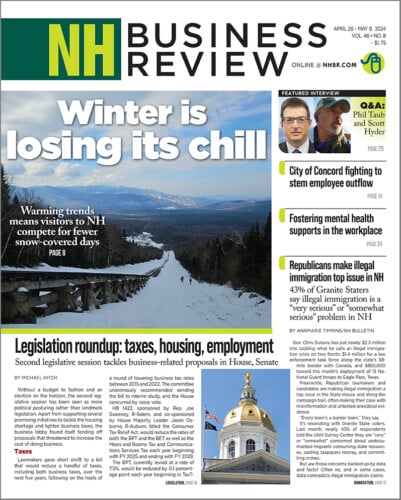How energy efficiency could be a powerful force for economic recovery
Industry is in the right position to help New Hampshire, the U.S. post-pandemic
If you’re like most, you don’t think about the walls of your office retaining heat during a blizzard or cool air during a summer heat wave. You don’t think twice about the billions of breaths you take while in meetings or responding to emails. And you certainly don’t sing the praises of energy efficiency during happy hour. But the industry that has suffered more than any other energy sector during the coronavirus pandemic also holds the key to providing a fruitful economic recovery.
Across the nation, the energy-efficiency industry lost 400,000 employees during the pandemic. Closer to home, the Granite State lost over 1,200 energy-efficiency jobs, mostly those employed with small businesses. By investing in regaining and expanding these energy-efficiency jobs, we can put the unemployed back to work and also strengthen our infrastructure in a time when it’s never been more important.
If the coronavirus pandemic has taught us anything, it’s to value our health and safety like never before. The built environment we live and work in can have major impacts on personal health, from the number of air exchanges per hour that affect the quality of the air we breathe, to the ability to retain warmth in the winter and cool air in the summer.
The energy-efficiency industry provides $540 million in public health benefits annually in the U.S., making it an ideal hero to support public health efforts in a post-pandemic frenzy to improve the health of our employees and customers.
The benefits go far beyond public health. Nationally, energy-efficiency retrofits save consumers approximately $800 billion each year on energy bills. As we prioritize supporting our local businesses and their employees, energy efficiency provides a simple and easy way to cut unnecessary costs. Not only does this help the bottom line, but it also frees up capital to support other areas of need within the business.
While we can’t see or hold energy efficiency, it could be the invisible hero behind a prosperous economic recovery. The industry’s ability to provide a variety of jobs, from HVAC contractors, auditors, program managers, insulation technicians, building scientists, and beyond, to the enormous savings on energy bills and public health benefits make investing in energy efficiency a win-win-win scenario.
Moreover, energy efficiency has been evolving over the last several months to be able to conduct energy audits at a distance without technicians entering your building. Innovation and adaptation is at the heart of this industry. With new products coming out and new materials like phase change materials for your walls and ceiling, the energy efficiency industry will further drive innovation in the state.
Federal legislators recently introduced legislation that would further support this industry, clients, and our collective economic recovery with the HOPE4HOMES bill, sponsored by our U.S. Sen. Jeanne Shaheen, D-NH. The bill would provide substantial rebates to encourage homeowners to make energy-efficiency improvements, all while putting our neighbors and small business owners back to work.
Closer to home, the state’s utilities, regulators and stakeholders have been hard at work on the development of New Hampshire’s next statewide energy-efficiency plan, the Energy Efficiency Resource Standard (EERS).
This plan sets the programs, budgets and savings targets for the state over a three-year period. Soon there will be an opportunity for public comment on the draft plan, a unique opportunity for businesses and other stakeholders to help shape the future of this important industry.
Let’s avoid throwing our energy dollars out the window and get our neighbors back to work, helping us save money, reduce our energy footprint.
Brianna Brand is senior program director of Clean Energy NH.








